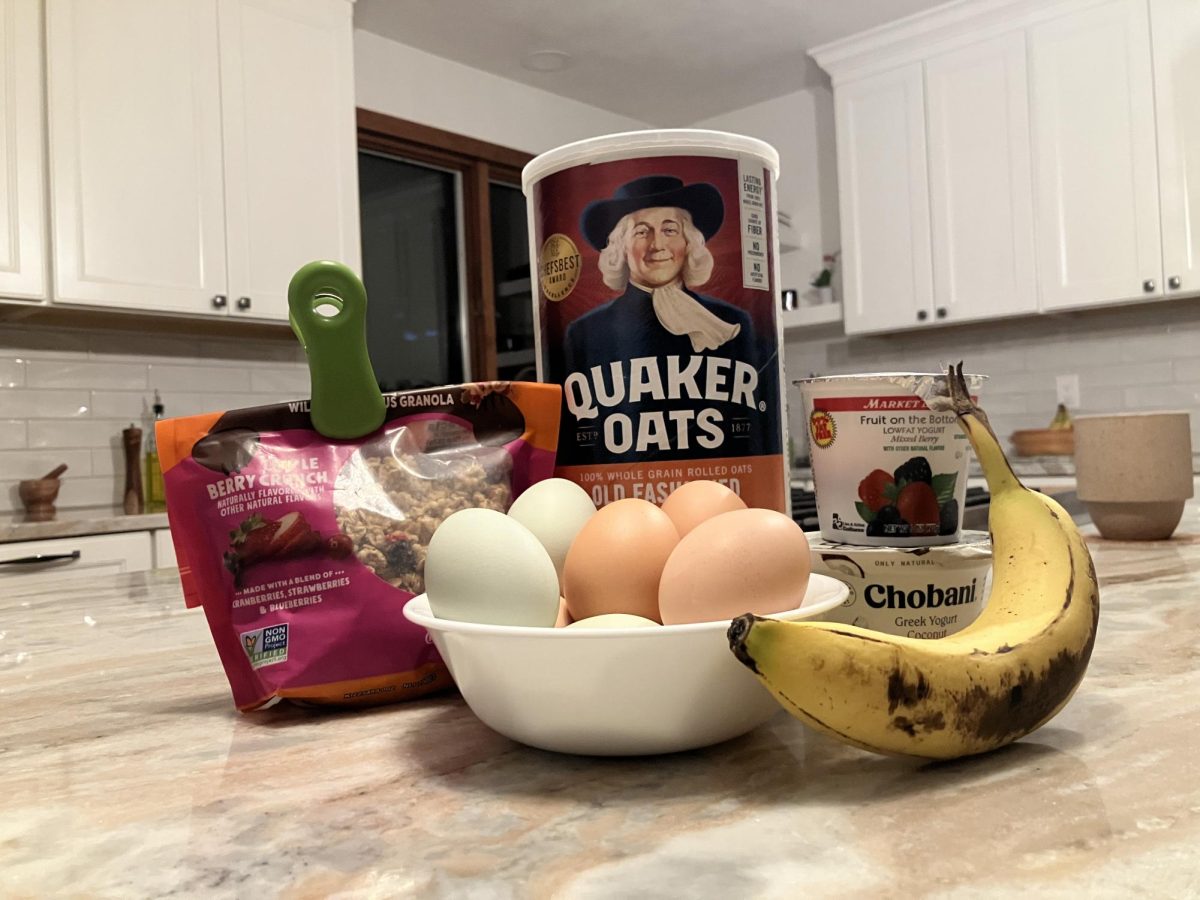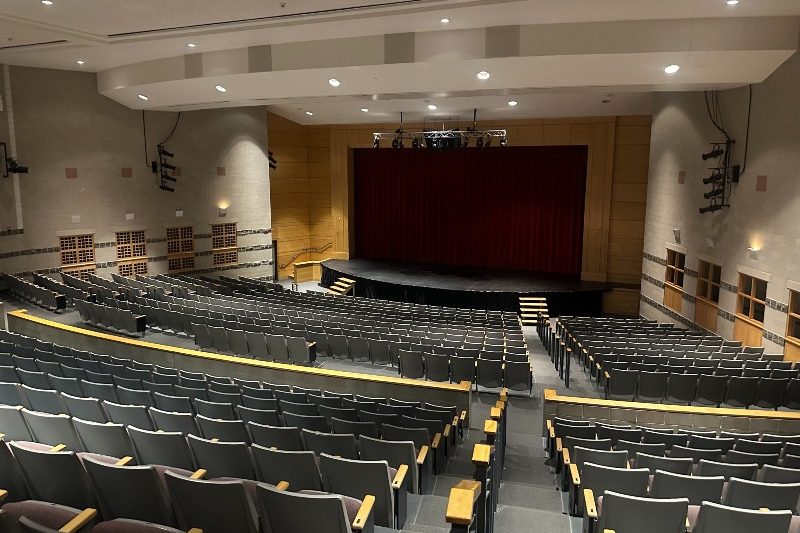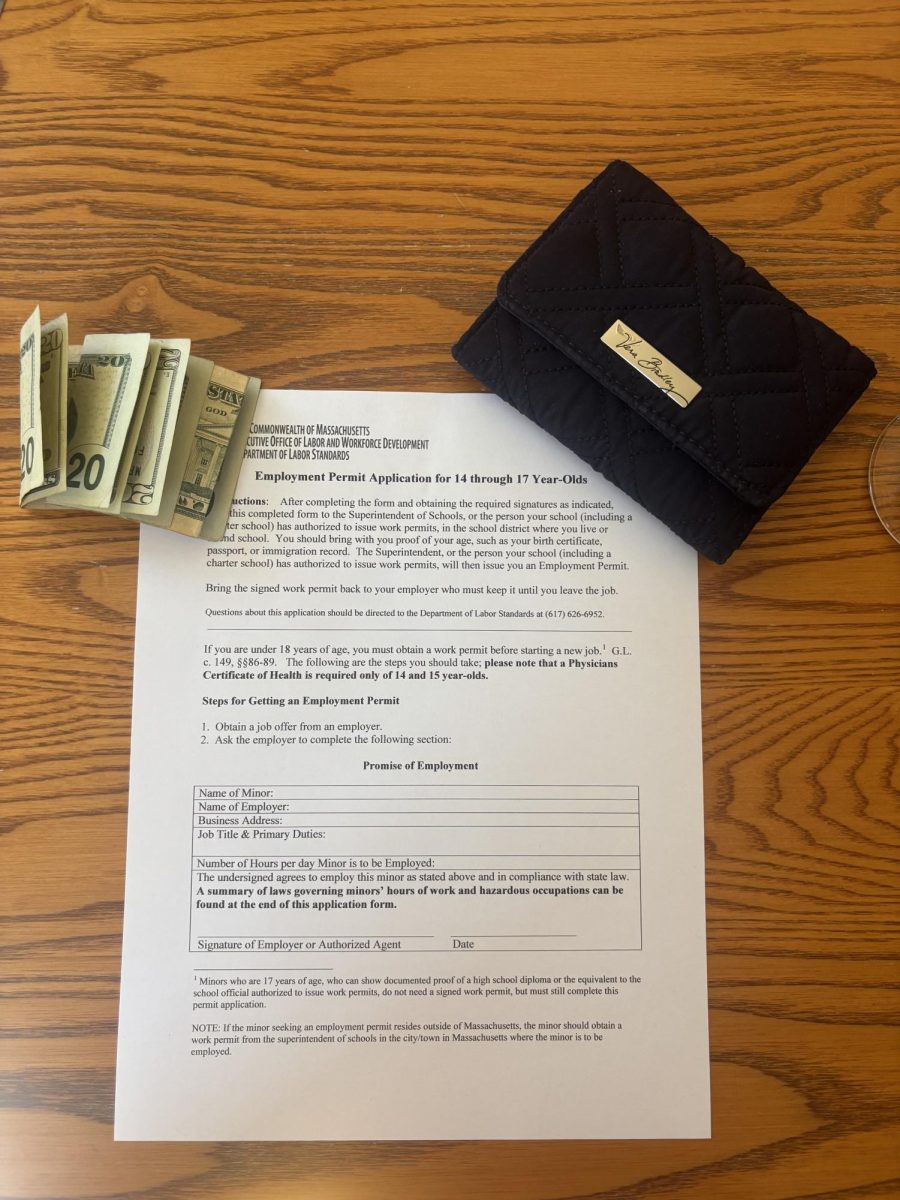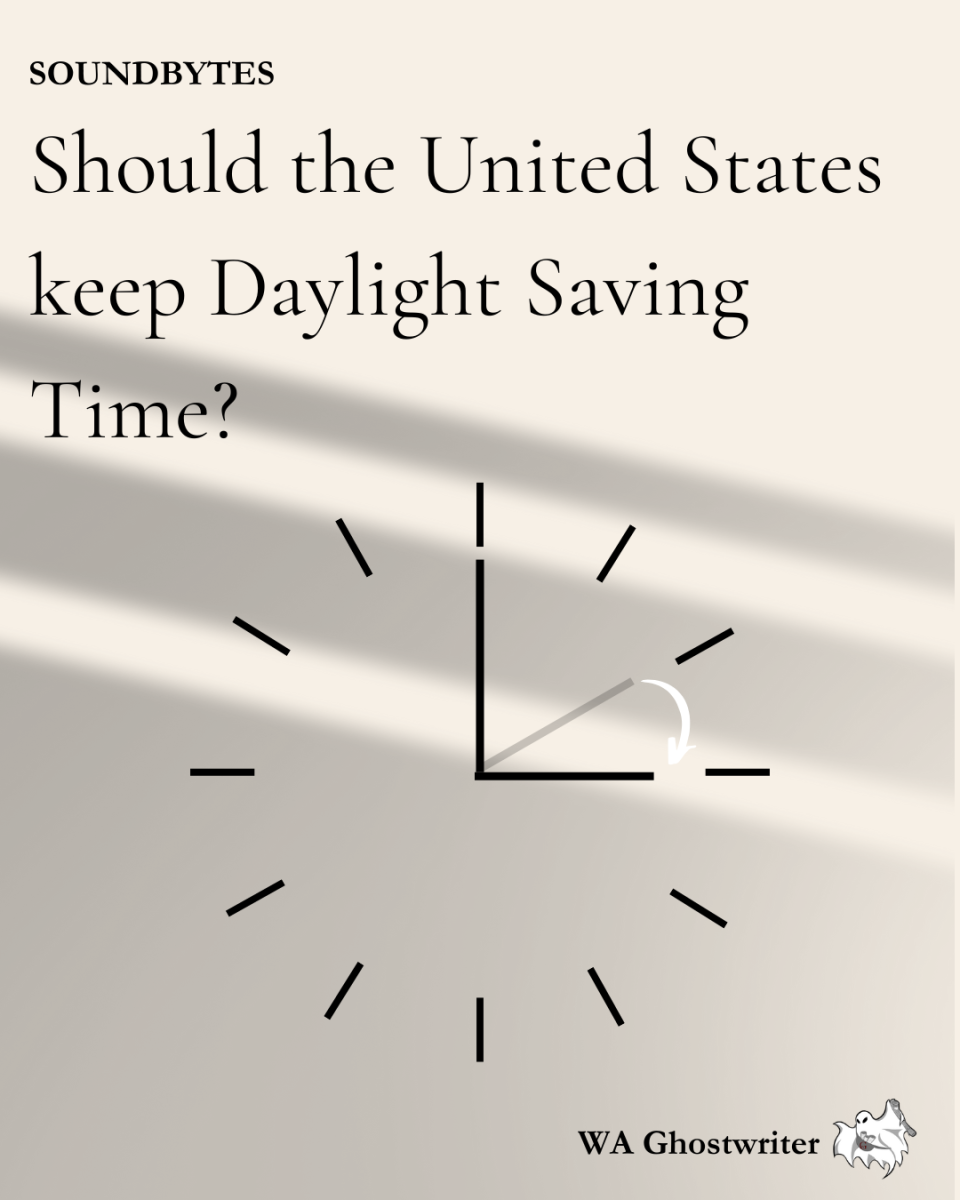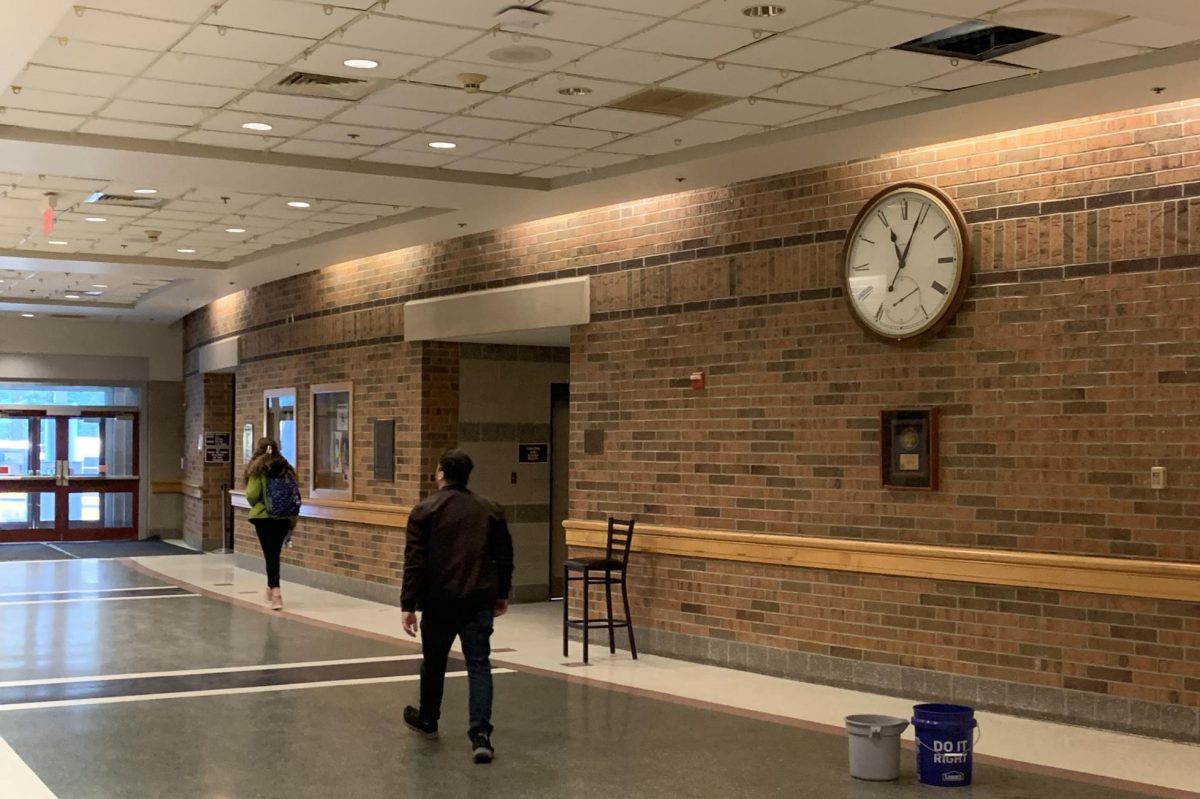Every year when February rolls around, students are tasked with selecting their classes for the following year. Though to some this may not be stressful, there are a handful of students that have to answer the same questions every year: am I really interested in this class or am I just taking it because it would look good on my transcript?
All WA students have to take certain required courses such as math and English. An issue is created when students begin taking challenging classes in topics they are simply not interested in because of the constant pressure society instills on students that their grades are the only factor weighing on their future. This is why, when choosing classes, it is crucial that students do not feel the pressure to take higher level classes just because they think it will determine their futures. Instead, students should prioritize their interests and the classes they believe would help them in the future.
It is important to remember that while school and learning is important, what’s most important is a student’s mental health. I have seen many people fill their course load with much more than what they can handle due to either internal or external pressures. Many of these students measure up their self worth to academic validation, filling up their schedules with harder classes just because they have to in order to measure up to their peers or strengthen their college applications.
Legacy High School in Mansfield, Texas conducted a study that showed that approximately 75% of high school students struggle with academic validation, which is described as “a physiological pressure that stems from students giving grades a lot of power over their sense of success.” Moreover, Glenbard West High School reported that 87% of students felt that their self worth was affected by bad grades in general. This effect on an individual’s sense of self can lead to a bad mental state causing stress, relationship conflicts, drug and alcohol use, eating disorders, and so much more depending on the person. To add on, a low GPA is a common cause of student suicide.
It is no secret that many students crave and rely on academic validation in school. This is especially prevalent in schools with more challenging environments where everyone is reaching for the same goal of academic excellence and eventually college.
This leads to the problem of students feeling the incessant need to take harder classes in subjects that they are not interested in or plan to invest in in the future, simply because they want to boost their GPA and chances of getting into what they consider a “good college”. For example, seniors at WA are not required to take a science or history class for graduation. However, someone looking to major in communications in college which does not require a lot of math and science, might still take a class such as AP Biology or AP Environmental Science, just because they feel as if they should.
“Taking an AP course demonstrates that you are ready for that next level of responsibility and learning, which is more on par with what students might encounter in college,” AP French teacher Katrina Lackner said. “For this reason I believe that students do the best in advanced courses when their developmental level matches the rigor and difficulty of the course.”
This type of academic pressure has resulted in WA’s academic, competitive culture and it is evident through the student body themselves. Something new that was instituted at the beginning of this school year was students being able to access their grades on Powerschool at any time. Although this carries its benefits, it has resulted in students obsessively checking their grades. This has only added onto the pressure related to grades and report cards students experience.
Some may argue that this does not seem like much of a problem and that there is no issue with students trying to boost their GPAs, caring about college, and students must challenge themselves, but there is a much larger and underlying problem with this system. It has been shown that students are far more likely to do better in classes through tailored learning and classes that appeal to them in addition to what is required of them to learn. A tailored learning plan includes a schedule with classes that best fit each individual student. Furthermore, students who are able to discover their academic interests in high school are much more likely to be satisfied with their careers in the future.
All of this information can demonstrate how sometimes, by students taking higher level classes they are not interested in, it can inherently go against the whole reason they are taking the class in the first place: to get good grades and in the process, boost their transcript.
It can be more difficult for a student to receive the grade they expect if they find the class to be either out of their skill range, or uninteresting. This, plus students’ ceaseless need for good grades, can lead to rapidly deteriorating mental health. For example, research from KVC Health System shows students who experience academic stress tend to do poorly in school. Altogether, this is a repeating cycle that if continued, can snowball into affecting the future the student has been reaching for and hoping to achieve this entire process.
While challenging yourself to reach your goals is necessary, there is a point where it breaches challenging and becomes damaging. Throughout a high school student’s journey, it is important that they learn their limits and take that into account when choosing their classes.



